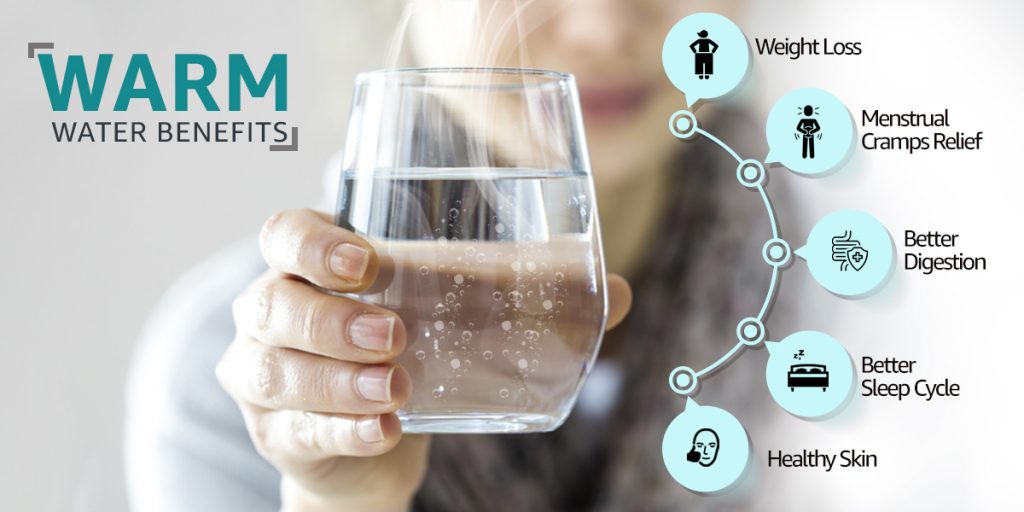why do i feel sick after drinking water?We all know that staying hydrated is important, but what happens when you feel sick after drinking water? The causes of hydroneousa are as varied as the minerals in your water, ranging from electrolyte imbalances to unexpected dietary triggers. We’ll break down the science, diagnose the major causes, and give you actionable tips to turn your water issues into watery wins in this comprehensive article.
Why Do I Feel Nauseous After Drinking?
Several things can cause hydromedusae, and the cause can be challenging:
Overhydration:
When you swallow a gallon in one sitting, your body scrambles to make up for the abrupt loss of electrolytes. In severe circumstances, this might cause nausea, headaches, and even seizures.
Electrolyte Imbalance:
Electrolytes such as sodium and potassium coordinate essential functions. Drinking too much water depletes them, causing your system to malfunction and potentially causing nausea.
Acid Reflux:
If you already have acid reflux, drinking water might make it worse by pushing stomach acid back up into your esophagus.
Underlying Medical Conditions:
Diabetes, gastroparesis, and kidney issues are all medical diseases that might cause nausea after drinking water.
Is Drinking Water on an Empty Stomach Harmful?
Even though it’s not always bad, drinking water on an empty stomach can make you feel sick, especially if you have gut problems or a sensitive stomach. To ease digestion and avoid pain, take short sips of water and pair it with a light snack.
What Happens When You Drink Water on an Empty Stomach in the Morning?
Drinking water on an empty stomach in the morning can help you rehydrate after a night’s sleep and stimulate digestion. If you get nauseous, consider eating a tiny piece of fruit or crackers first to avoid any unpleasant surprises.
How Do I Know if I Drank Too Much Water?
Overhydration is not common, but it can be very dangerous.
Look for the following warning signs:
- Urinating frequently
- Headache
- Fatigue and confusion
- Cramping muscles
- Vomiting and nausea
How to Drink Water Correctly?
Hydration is important, but so is moderation. Instead of drinking excessive amounts, sip throughout the day. Aim for 8–10 glasses of water every day, adjusting for activity level and climate. Remember to pay attention to your body’s thirst cues!
Remember to pay attention when your body tells you it’s thirsty!
Is Warm Water Good for You?

There is no scientific evidence that warm water is superior to cold water for hydration. Some people, however, find it more calming and simpler to digest, particularly on an empty stomach.
How Much Water is Too Much in One Hour?
Individual factors such as exercise level and environment play a role, so there is no one-size-fits-all solution. However, drinking more than 2 liters (68 ounces) in an hour is generally considered excessive and can result in an electrolyte imbalance.
What Should I Eat if I Feel Nauseous After Drinking?
If drinking water makes you feel a little sick, try these easy fixes:
- Ginger: This natural anti-emetic can help you feel better. Consume raw ginger or ginger tea.
- Bland foods: Toast, crackers, or bananas are easy to digest and can help you feel better.
- Peppermint: Peppermint tea or peppermint candies help alleviate nausea and bloating.
- Hydrate slowly: To gradually rehydrate, sip small amounts of water or electrolyte-enhanced beverages.
Why Do I Feel Sick All the Time But Never Vomit?
Stress, worry, certain drugs, and underlying medical issues can all contribute to chronic nausea without vomiting. If you have persistent nausea, see a doctor to rule out any underlying problems.
Remember that hydrocephalus nausea is generally only temporary and easy to deal with. By knowing the causes and applying these simple tips, you may confidently navigate the waters of hydration and ensure that your water consumption is a source of health rather than discomfort.
Sum-up
So there you go. The mystery of hydromedusae has been solved, the causes have been identified, and the route to happy hydration has been lit. Remember that understanding your body’s specific hydration requirements is the key to living a life free of post-water nausea.
After all, staying hydrated is the key to good health, energy, and a healthy glow. It energizes our exercises, eliminates pollutants from our bodies, and keeps our minds fresh. However, navigating the waters of hydration can be difficult, especially when nausea disrupts your water-guzzling desires.



Leave a Reply